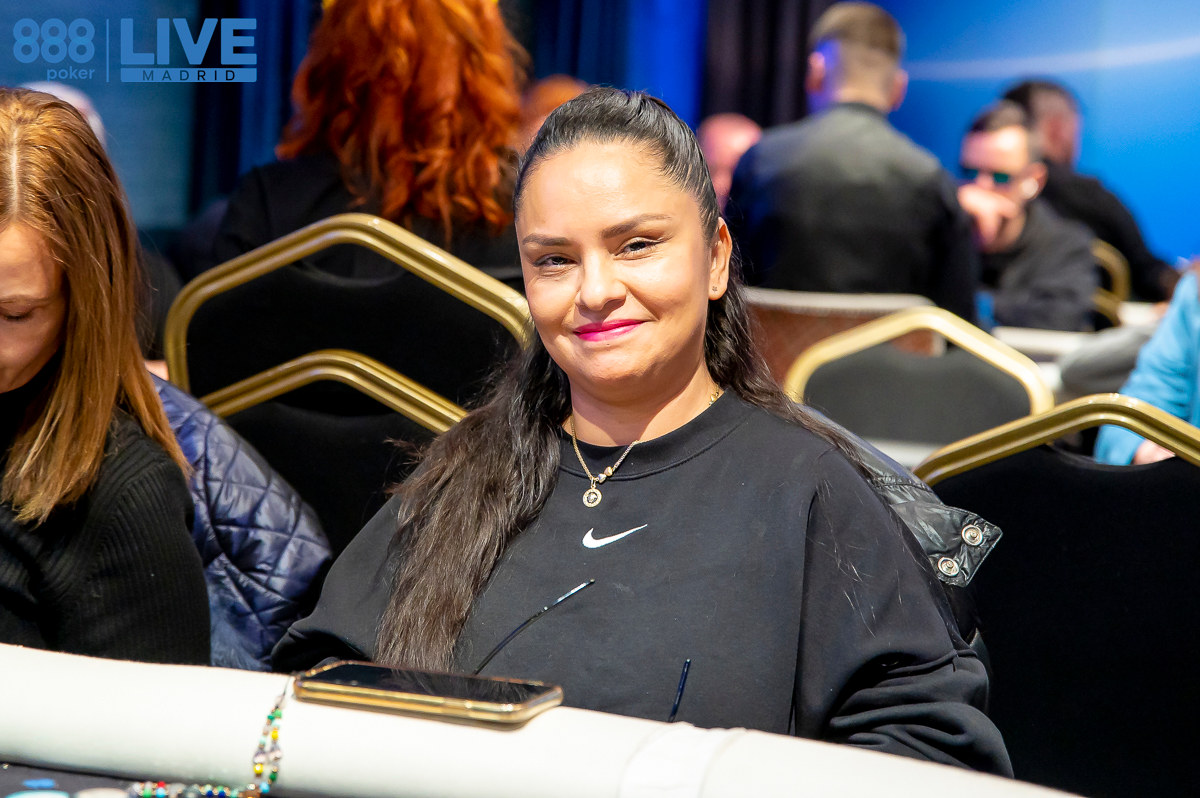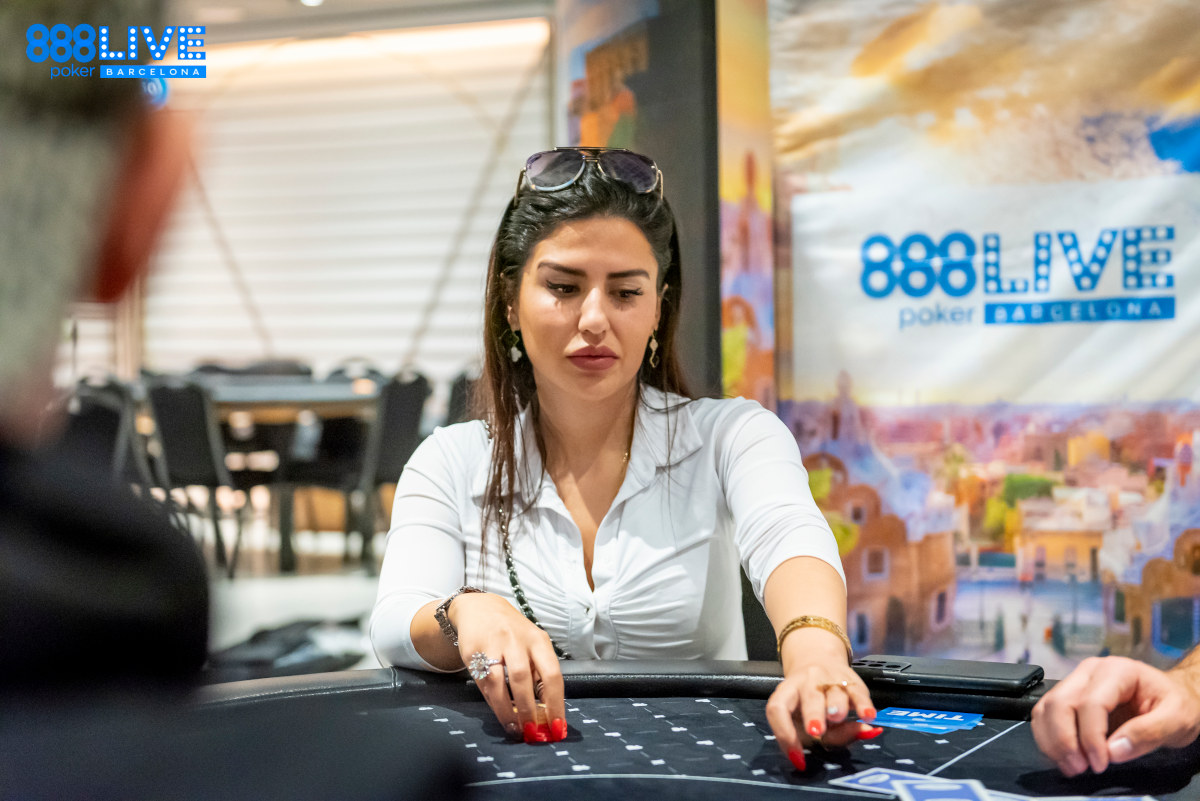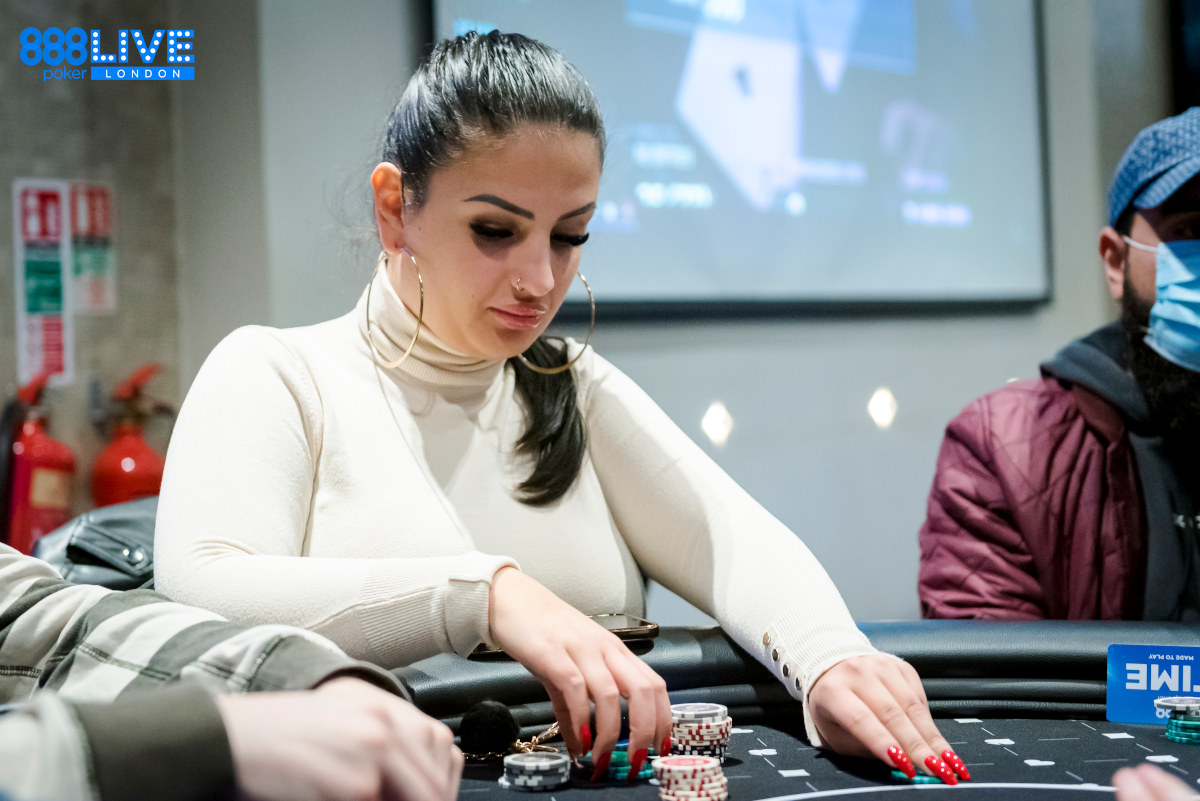Do you live in a world where finding the time to study poker combo strategies takes a back seat to the demands of everyday life?
It's easy to get discouraged when you know the importance of consistent study but don't have the time to devote to it.
This 888poker article will show how to craft effective study habits even when your schedule seems too full. By focusing on quality over quantity and leveraging the right tools and techniques, you can maximise your learning outcomes.
You’ll also ensure steady progress in your game. Whether you have fifteen minutes or an hour, making the most of your time with smart, structured study practices can dramatically enhance your poker performance.
Identify Your Study Goals
Setting clear, specific goals is the first step in creating an effective study habit, especially when you’re short on time.
Knowing exactly what you want to achieve with your limited study time can help you focus and make the most of it.

Define Specific Objectives
It would be best to first decide which aspects of your poker board game you want to improve. Is it learning your preflop ranges, big blind defence, or mastering GTO?
Identifying the specific areas to master will guide your study sessions and help you select the right resources. Nothing is worse than not having a plan and finding yourself down a rabbit hole that contributes very little to your overall goals.
Set Achievable Targets
Once you have a clear idea of the areas you want to study, plan the specifics of achieving your goals. You can break your targets into both short-term and long-term goals.
Let’s start with your long-term goals first:
- Thinking about where you want to go is very helpful because you can work backwards from there to create your short-term goals.
- Consider what you'd like to achieve in the next year, five years, or even longer.
Once you have the big picture, get granular with your most crucial short-term goal.
For example, what specific learning goal/target would you like to hit in the next week with a high probability of achieving your long-term goals?
Prioritise Quality Over Quantity
The Pareto Principle (a principle in economics) claims that 80% of our results come from 20% of our efforts for many things. For that reason, the Pareto Principle is often called the 80/20 rule.
Consider how you can apply this powerful concept to maximise the efficiency of your poker hand study sessions, especially with limited time.

In the context of studying poker, you want to identify and focus on the most impactful strategies and topics to improve your game the most in the least amount of time.
Concentrating on these critical areas—such as mastering preflop ranges or understanding minimum defence frequency—can help you achieve significant advancements in relatively little time.
A focused approach streamlines your study sessions and ensures that you spend precious time on aspects that provide the greatest return on investment.
Use Efficient Learning Techniques
If you want to speed up your learning, consider using efficient learning techniques. It is common practice to passively consume information and consider it studying.
However, research shows more active approach will help you learn at a faster rate.
Active learning requires actively engaging with the material. Instead of passively reading or watching poker videos by doing the following:
- Activate your learning by taking notes.
- Summarise what you’ve learned in your own words.
- Teaching the concept to someone else.
There is no better way to increase your understanding of a complex topic than to teach someone else.

Another strategy for getting the most out of your study time is to think of questions you want answered before you start actively studying.
Doing this will help you focus on the most essential parts of the content you’re watching or reading. As a bonus, these activities reinforce your understanding and retention. They are also a beneficial way to quiz yourself later.
Spaced repetition is another tactic that speeds up learning. This technique involves reviewing information at increasing intervals.
- For example, you might revisit a new three card poker strategy immediately after learning it.
- Review it a day later, every few days, and eventually weekly and monthly.
Spacing out reviews like this cements the information in your long-term memory. Even the most advanced players review their preflop ranges regularly, so this process never ends.
Leveraging the Best Study Materials
Leveraging the best materials and resources is crucial when you’re short on time. Invest in high-quality learning materials suggested by top coaches and players. Higher-priced coaching programs are more concise and clear than free stuff - like a Texas Hold’em cheat sheet. (Of course, this scenario is not always correct, so do your homework before purchasing anything.).
Use a variety of resources and mix up what you are learning by studying different but related topics together. This method is interleaving, and it leads to better learning outcomes.
Studying concepts in isolation can prevent you from seeing the big picture. It is crucial to see patterns and make connections in a game as complex as poker.

Finally, at the end of each session, take a bit of time to assess your learning:
- A great way to do this is to take a few minutes to write out what you have learned during your study session.
- If you don’t like that process, you can challenge yourself to verbally explain and summarise what you’ve been studying to a poker friend.
Either tactic will help you identify gaps or misunderstandings in your knowledge, which you can then shore up in subsequent study sessions.
Focusing on quality over quantity and using effective learning techniques can maximise even the shortest study periods.
Create a Consistent Study Routine
Developing a consistent study routine is essential for building sustainable study habits, especially when time is short. A regular schedule helps solidify and ensure you make time for study despite other commitments.
Start by choosing a specific time each day for your study sessions. This time could be early morning, during lunch, or before bed, depending on when you are most alert and least likely to be interrupted.
The key is consistency: Studying at the same time every day helps train your brain to be ready to learn and focus during these periods.
Many players get good results using a strategy known as time blocking (in poker lingo):
- Set aside a chunk of time where the only thing you do is study.
- Remove all distractions during this time and put in maximum effort.
Doing this can make even short periods of learning very impactful. You may think having 10-15 minutes to study isn’t worth it. But it can make a huge difference when you consistently devote 100% of your focus to the task at hand.

Even though consistency with your study schedule is essential, it’s perfectly okay to be flexible, too. If you find that your schedule is not working for you, change it. If adaptability helps you be more consistent, making the necessary changes is worth it.
Consistently working on your game is paramount - even for short periods.
Small efforts compound over a long period of time into big results.
Don’t forget to add time each week to your study schedule to review and evaluate your progress.
Assess what went well and what didn’t and adjust your routine accordingly.
A continuous improvement process optimises your study routine while lessening the chances of getting burned out or discouraged.
Conclusion: Building Solid Study Habit When Short on Time
Developing a consistent study habit is crucial for anyone looking to improve their poker skills. But it can be particularly challenging when you don’t have a lot of time.
You can build a sustainable and effective study habit that fits into even the busiest schedule by doing the following:
- Setting clear goals
- Maximising the quality of your study sessions
- Establishing a regular study routine
- Utilising a continuous improvement strategy
These strategies will help you manage your time more efficiently and ensure that every moment spent studying counts. You may feel behind or stuck if you’ve only been studying sporadically so far.
Start small and choose the strategies you think will work best for you. It may take some experimenting, but once you find the right formula, you can make rapid progress.
Consistency and persistence are the main ingredients to poker success.


